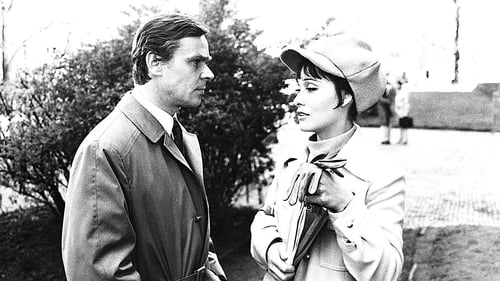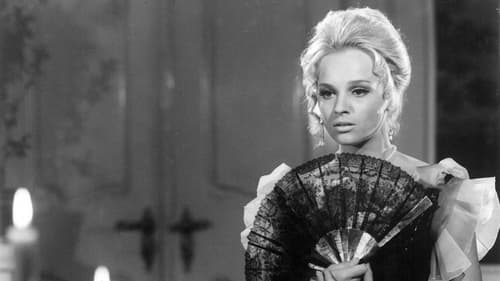Who We Were (2021)
Genre : Documentary
Runtime : 1H 55M
Director : Marc Bauder
Synopsis
A look at the current state of the world, from the hand of six intellectuals and scientists who reflect on the present and postulate about the future.

Lemuel Gulliver (Lubomír Kostelka) has had a car accident and continues his journey across the unknown countryside on foot. On the road he finds a dead rabbit dressed like a man and takes a watch from its waistcoat breast pocket. The half-ruined house that he enters reminds Lemuel of his childhood and brings up a painful memory of a dearly loved girl Markéta who was drowned years ago. Gulliver finds himself in Balnibarbi, a country where he doesn't understand the laws and habits and so continually offends against public decency. It is a day when people are ordered to keep their mouths shut and they force their visitor to follow suit. He faces harsh interrogation and finds it difficult to explain that he is not the rabbit Oscar whose watch has been found in his possession.

The Stolen Airship (Czech: Ukradená vzducholod) is a 1967 live-action/animated film by Czech filmmaker Karel Zeman. The story is based loosely on Jules Verne's novels Two Years' Vacation and The Mysterious Island. The film in Art Nouveau style consists of live-action scenes, generally shot in black and white, as well as hand-drawn, stop motion, and cutout animation. Various live-action and animated elements are often composited into the same scene.
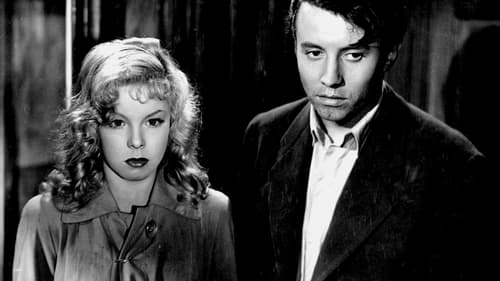
Port of Marseille, France, recently liberated from the German yoke. Caught as stowaways aboard a ship, Manon, a young woman who was accused of collaborating with the Nazis, and Robert, a freedom fighter who saved her from reprisals, tell the captain about the many challenges they have had to face in order to survive.
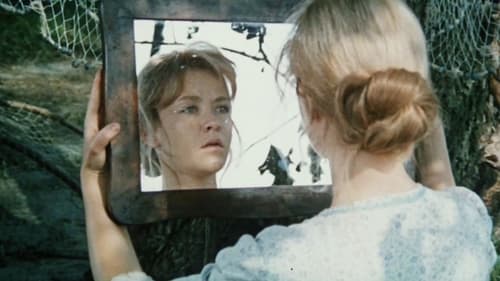
A fisherman saves Anada, a woman adrift, from drowning. He takes her to his home, and protects her. Eventually, she occupies a larger place than was to be expected. He commits adultery with her, but his own wife seems to be in love with the strange young woman.

A comedy film taking an ironic view of the bourgeois period prior to the First World War.
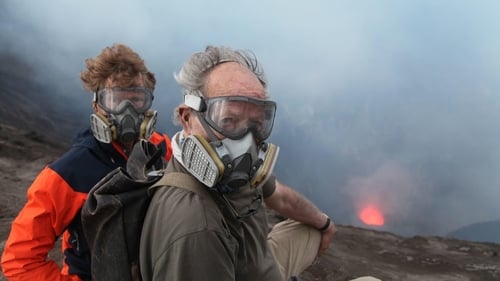
With stunning views of eruptions and lava flows, Werner Herzog captures the raw power of volcanoes and their ties to indigenous spiritual practices.

Police summoned to an apartment building make a horrifying discovery.

A baleful limping man walks through Prague. He is Asmodeus (Juraj Herz), the fiend of lustfulness, entertaining himself by putting together by magic couples of lovers. He only fails at the swimming pool. Zuzana (Jana Sulcová), the good-looking blonde, ignores the men whom the devil foists off onto her. She loves Honza (Václav Neckár) and the boy shares her feelings. The fiend is annoyed by the couple and tries to provoke a row. He sends heavy rain to force them into a hotel and then warns Zuzana's father by phone, but the young lovers manage to get out in time. Then the obstinate Asmodeus takes Honza in his sleep to the Institute for Emotional Disorders, where he shows him the ugly sides of love - hysteria, voyeurism, fetishism, suicide attempts...
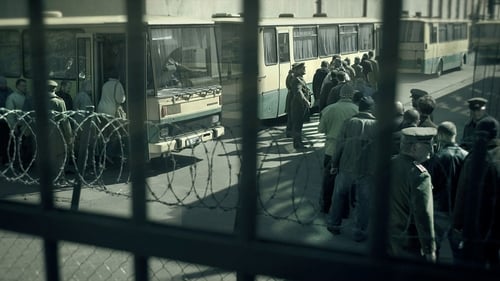
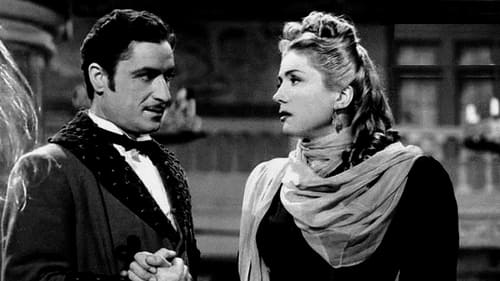
Paris, 1857. While on trial for moral outrage, French writer G. Flaubert tells the court and the audience the true story of the heroine of his novel Madame Bovary, a sensitive but capricious woman whose desperate efforts to overcome the bourgeois conventions of a dull, provincial life led her family first to ruin and disrepute and finally to the abyss of tragedy.

Psychologist Eliska contacts musician Martin with a request for him to perform at an event on mental disorders. Their intense relationship ends with Eliska's suicide, which will resolve long-lasting pain without cause. She flew through Martin's life like a spaceship. She left clothes, things, a farewell letter. But also memories, dreams and eternal encouragement to play. She's still with Martin. Like a memoir, as a gratitude for the experience, like a muse.

Is it morally acceptable to use the civilian population as yet another tool for waging war? Is it possible to justify death and destruction for the sake of supposedly lofty ideals? The question remains as pertinent today as it was at the beginning of World War II, and it is becoming increasingly urgent to answer, as countless tragedies have been caused by unethical political decisions.

A seaman finds himself out of work and stranded in a distant port. He shares a cheap room. They take turns sleeping, some in the morning, some at night. Grief! When he will go back to sea? And there! The scent of woman drifts up to seduce him! He realizes he had shared his bed with a lady of the night.

















